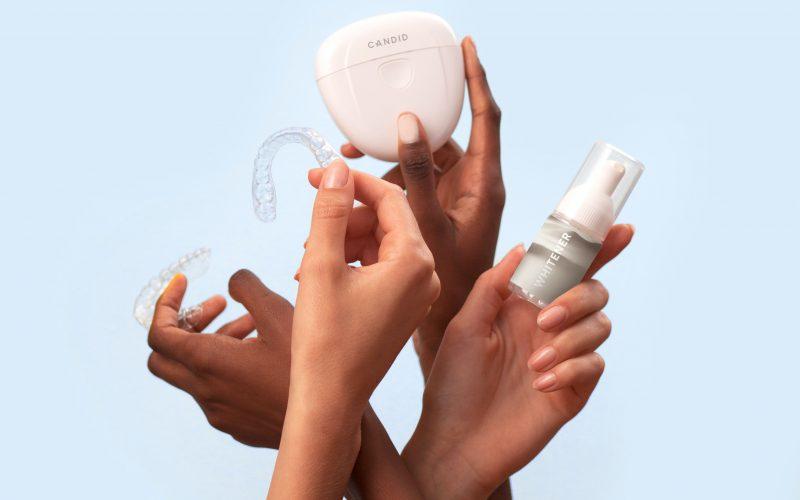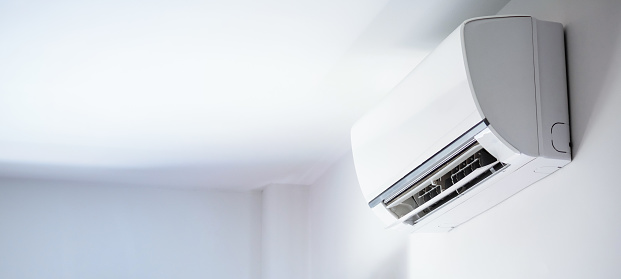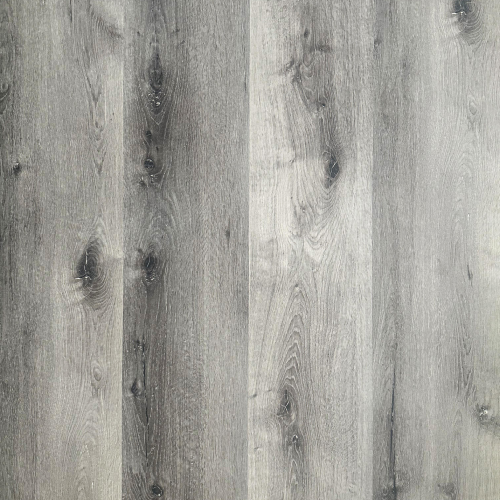
You probably know that you need to brush and floss every day, but if you’re like most people, your dental hygiene habits are probably not up to the standard that your dentist recommends. So, here’s a quick guide for getting on track with your oral health routine:
Clean your teeth
- You should brush your teeth at least twice a day, once in the morning and once before bed. Brushing your teeth is important for getting rid of plaque, which can cause tooth decay or gum disease if left on your teeth for too long.
- Flossing also helps you prevent cavities by removing food particles from between your teeth that are difficult to reach with a toothbrush alone.
- The main way to prevent dental problems is by going to see a dentist regularly for cleanings and checkups so that they can catch any problems early on and fix them easily, before they become major issues!
Floss and brush teeth right after eating anything sweet
This is important because:
- Flossing helps remove plaque, the sticky film that forms on your teeth and gums. Plaque begins to form immediately after brushing and can lead to cavities and gum disease if left untreated.
- Flossing removes food particles from between teeth, reducing your risk of cavities and periodontal disease (gum disease).
- Flossing reduces bacteria levels in the mouth by about 60 percent in as little as two minutes!
Take care of your toothbrush
- Don’t leave your toothbrush in a place where it can get wet. Wet and toothbrushes are not great friends, as this will lead to the growth of bacteria.
- Don’t share your toothbrush with anyone else (including your partner). You don’t want to pass along any germs that may be on the brush and make them worse for you.
- Don’t use your toothbrush to clean other surfaces like counter tops or sinks—it’s not made for that!
- Don’t use your toothbrush after it has been dropped or crushed, as this could damage the bristles and cause them not to work properly when brushing teeth.
- If you have braces or other restorative treatment done on your teeth by a dental professional then follow those instructions carefully in order to maintain good oral health throughout this time period.
Visit your dentist regularly
If you’re not sure about the quality of your dental care, see a dentist for advice on getting the best possible dental care experience.
A dentist can help you find the best toothpaste for your needs. If you have sensitive teeth, he or she will recommend a toothpaste that’s gentle on your gums and doesn’t contain sodium lauryl sulfate (SLS). A dentist can also recommend an electric toothbrush if you want to get into good habits of proper brushing technique but don’t know how to do so without being in front of the mirror.
If flossing isn’t easy for you, talk to your dentist about whether there are any tools they think might work better than traditional flossing products. Finally, ask your dentist which mouthwash is best suited for your needs as well as any advice they may have on how often should use mouthwash after brushing.
It is very important that you pass these habits on to your children and that you go to the dentist as a family at least once every six months. If you visit your nearest dental clinic regularly, you can prevent many diseases and preserve the brilliance of your teeth.
Teeth whitening is just one part of good dental care
While teeth whitening can be a great way to brighten up your smile, it is not a replacement for regular dental checkups. At the dentist’s office, your dentist will examine the overall health of your teeth and gums, as well as help with any problems you have been experiencing.
At home, it is important that you maintain good dental hygiene habits so that your teeth remain healthy and strong.
Electric toothbrushes
Electric toothbrushes are a great way to have power, speed and convenience all in one package. They’re also more efficient, effective and comfortable than traditional manual toothbrushes. Electric toothbrushes use a motorized oscillating head that spins back-and-forth at around 7,000 strokes per minute. This rapid movement helps break up plaque and cleans teeth more thoroughly than a manual brush could ever do—with less effort on your part!
It’s important not to overlook this part of your health routine. Your mouth is home to over 700 types of bacteria, which can cause gum disease and even tooth decay. It’s easy to forget about your teeth in the hustle and bustle of your daily life. But we hope that by now you’ve realized how important it is to take care of them! By making some simple changes in the way you brush, floss and the food you eat, you’ll be well on your way to a better smile.





